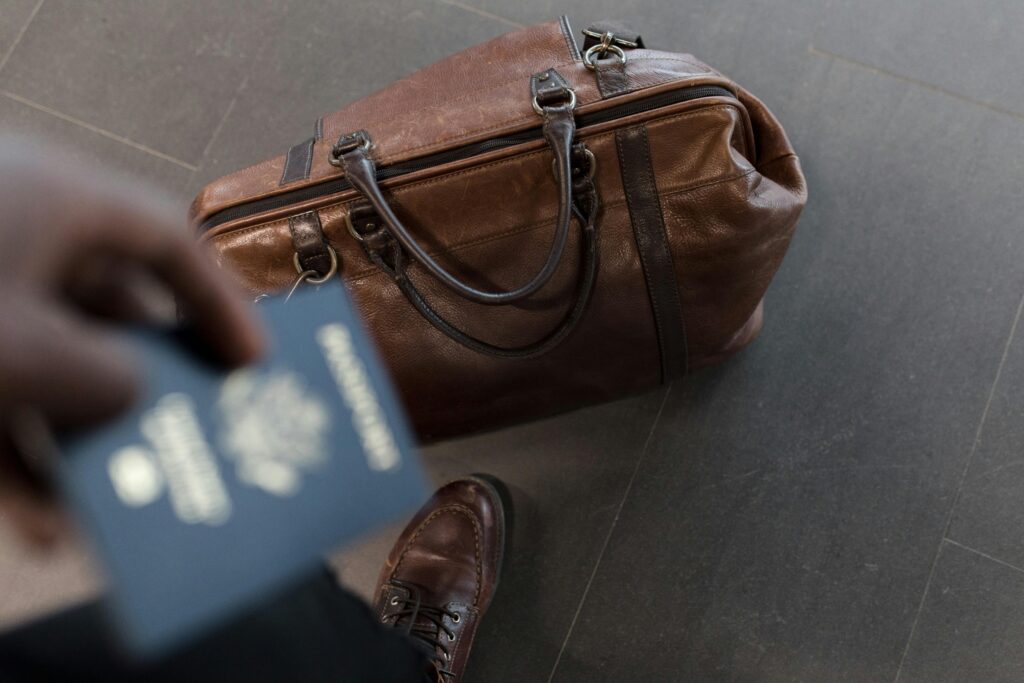As we move through 2025, international travel is rebounding but remains shaped by a patchwork of regulations, health protocols, and digital innovations. Whether you’re planning a summer escape, a business trip, or a long-awaited family reunion, understanding the latest travel restrictions and requirements is crucial for a smooth journey. This comprehensive update covers where you can go, what you need to know, and how to navigate the ever-changing world of global travel.
The Big Picture: How Travel Looks in 2025
After years of pandemic-related disruptions, most borders are open, but the landscape is far from uniform. Some countries have dropped nearly all restrictions, while others maintain entry requirements or adjust policies in response to new health threats, political changes, or technological advances. Digital travel authorizations, evolving visa rules, and ongoing health advisories are now a standard part of the travel experience.
COVID-19 and Health-Related Restrictions: What’s Still in Place?
Where COVID-19 Still Impacts Travel
- Asia: Countries like Singapore, Taiwan, and Hong Kong have reintroduced some restrictions due to new COVID-19 variants, including health screenings, mask mandates in crowded spaces, and occasional testing requirements.
- China: Some regions continue to impose localized lockdowns or travel bans in response to outbreaks.
- United States: Certain states (e.g., New York, California) may implement temporary advisories or health checks if cases rise, especially during winter months.
General Health Requirements
- Proof of Vaccination: While most countries have dropped blanket vaccine mandates, some require proof of COVID-19 or other vaccinations (yellow fever, polio) depending on your origin or recent travel history.
- Testing: Pre-departure or on-arrival COVID-19 tests are rare but may be reinstated during outbreaks or for travelers from high-risk areas.
- Health Declarations: Many destinations require digital health forms or QR codes completed before arrival.
Visa and Entry Changes: The New Normal
Electronic Travel Authorizations (ETAs) and e-Visas
- United Kingdom: All visitors from visa-exempt countries need an ETA before traveling. European citizens must comply from April 2025.
- European Union: The Entry/Exit System (EES) and ETIAS (European Travel Information and Authorization System) are rolling out. EES replaces manual passport stamping with biometric tracking, and ETIAS requires pre-approval for visa-exempt travelers.
- Israel: ETA-IL is now mandatory for citizens of most visa-exempt countries.
- Thailand: Expanded e-Visa and ETA systems make entry easier for many nationalities.
- Namibia: As of April 2025, citizens from 31 countries previously visa-free now need a visa.
- USA: REAL ID is required for domestic flights and federal facilities from May 2025. International travelers must have a valid passport.
Passport Validity and Documentation
- Minimum Validity: Most countries require your passport to be valid for at least six months beyond your travel dates.
- Digital Passports: Some countries are piloting biometric or digital passports for faster, more secure border crossings.
Travel Advisories: Where to Exercise Caution or Avoid
Governments issue travel advisories based on safety, health, and political risks. Always check the latest advisory for your destination.
- Level 1 (Normal Precautions): Countries like South Korea, Vietnam, Qatar, and Zambia.
- Level 2 (Increased Caution): India, Indonesia, Italy, Kenya, Jamaica, Turkey, Saudi Arabia, Rwanda, Singapore, Laos.
- Level 3 (Reconsider Travel): Russia, Iran, Haiti, Venezuela, Ukraine, Iraq, South Sudan, Somalia.
- Level 4 (Do Not Travel): North Korea, Yemen, certain regions of Nigeria, and other high-risk areas.
Reasons for advisories include crime, terrorism, civil unrest, health risks, and natural disasters. Always check your government’s travel website before booking.
Trending Destinations and Alternatives
With some classic hotspots still facing restrictions or overcrowding, travelers are seeking “destination dupes”—less crowded, equally rewarding alternatives:
- Tbilisi, Georgia instead of Prague for Old World charm.
- Faroe Islands as a quieter alternative to Iceland’s natural wonders.
- Dalmatian Coast (Croatia, Montenegro, Slovenia) for a Mediterranean experience without the crowds of Italy or Greece.
Health and Safety Tips for 2025
- Vaccinations: Ensure you’re up to date on routine and destination-specific vaccines.
- Travel Insurance: Choose a policy that covers health emergencies, cancellations, and disruptions.
- Local Health Protocols: Respect mask mandates, social distancing, and hygiene practices where required.
- Personal Health Kit: Carry masks, sanitizer, basic medications, and proof of vaccination or test results.
Digital Tools and Smart Travel
- Travel Apps: Use official apps for entry forms, health declarations, and real-time updates.
- Contactless Payments: Many countries now prefer or require cashless transactions.
- Language and Navigation Apps: Download offline maps and translation tools for smoother travel.
Mistakes to Avoid
- Ignoring Advisory Updates: Entry rules can change quickly; always check before departure.
- Not Preparing Documents: Incomplete or expired paperwork can lead to denied boarding.
- Overlooking Local Customs: Research local etiquette, tipping, and safety norms.
- Booking Non-Refundable Travel: Opt for flexible tickets and accommodations.
Practical Steps for a Smooth Journey
- Check Entry Requirements: Visit official government or embassy websites for the latest rules.
- Prepare Documents: Passport, visa/ETA, vaccination certificates, insurance, and health forms.
- Monitor Health: Stay updated on outbreaks and advisories for your destination.
- Book Flexibly: Choose refundable options and consider travel insurance with COVID-19 coverage.
- Stay Informed: Sign up for alerts from your embassy or consulate.
Final Thoughts: Travel Smarter in 2025
Travel in 2025 is open and full of opportunity, but it requires more planning and flexibility than ever before. By staying informed about global travel restrictions, visa changes, and health requirements, you’ll be ready to explore the world safely and confidently. Whether you’re discovering a new destination or returning to a favorite place, preparation is the key to a smooth and memorable journey.


